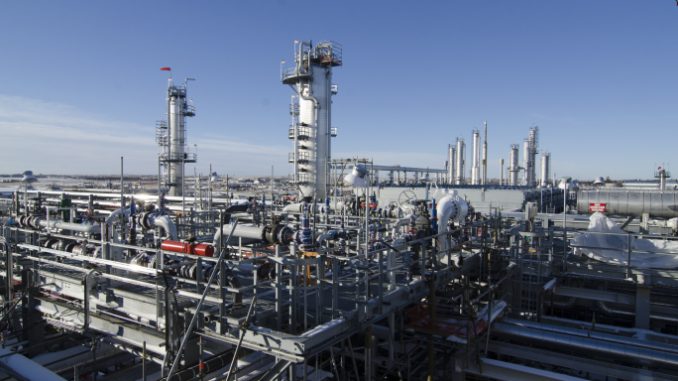
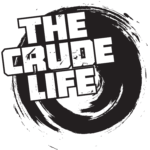
The Crude Life Content Correspondent Genneca Houser interviews Ryan Rauschenberger
North Dakota Knows How To Get Things Done
The Crude Life had the opportunity to speak with North Dakota Tax Commissioner Ryan Rauschenberger for a few minutes a day after his very popular keynote presentation at the Williston Basin Petroleum Conference. Although he attributed the popularity of the other speakers, Tax Commission Rauschenberger had some interesting content of his own to share.
For example, , North Dakota has a smaller population and area in a comparison to Texas yet they’re at #2 for production in the United States, showing that North Dakota oil and gas is keeping up with the “big dogs.” Because production is so good, North Dakota is able to rely on the oil and gas industry for much of their state expenses and funding.
“Really, oil is a significant portion of not just the oil
tax that’s paid, but also our sales tax base, our income tax base is
very heavily reliant on oil but also farm commodities. So, we’re very
much a commodity driven state.”
Tax Commissioner Rauschenberger explained how the budgeting requires the foresight to try and predict two and a half years into the future. There’s a lot of moving pieces, and it’s not an exact science which means having so much reliant upon the money from oil may complicate things.
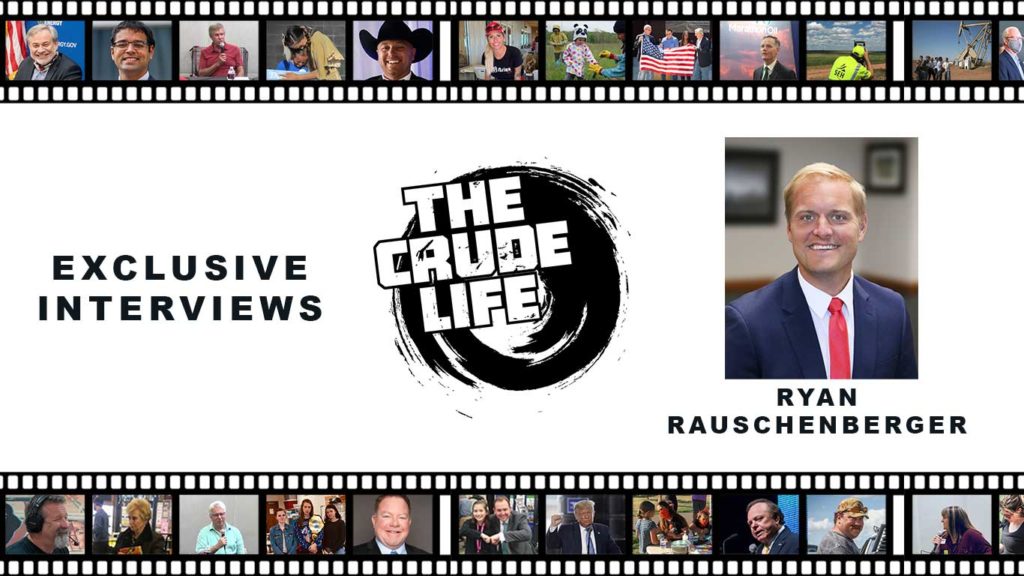
“The industry is extremely important. Not just from the
tax revenue that it generates, from the production tax, but our income
and sales tax base and the income tax that’s paid from royalties. It’s
really intertwined throughout our entire tax collection system.”
With so much depending on the money from oil, how are the new
policies affecting the region? Tax Commissioner Rauschenberger talked
about the effects of the moratorium on drilling on federal land and the
potential impact of other regulations handed down from the current
administration. He says that because of the current volatility, North
Dakota made sure to save money for a backup fund, “just in case.” It’s
called the Legacy Fund, and there’s nearly 8 and a half billion dollars
saved so far, to be a cushion for the state if oil takes a turn for the
worst.
“…But we’re extra cautious right now because of the
potential for the federal government to expand its rulings or
legislation that would hurt the industry.”
But crunching numbers for a budget is not all Tax Commissioner
Rauschenberger attends to; his office goes beyond just formulating a
budget and appropriating the money. He calls it a partnership, stating
that he believes “what’s good for the industry is good for the state.”
Because of that, Tax Commissioner Rauschenberger takes it upon himself
to talk about the oil industry when possible in order to educate people
on how much it props up the state, so that the public may understand
just how much that money pays for. Understanding also allows for
planning, which North Dakota was able to do well enough that there are
still funds in savings. Smart financial planning has allowed for a
decent cushion in case the industry has shortfalls, and Tax Commissioner
Rauschenberger gives credit for that to the legislators and the people.
“The financial planning – you know, we play a role in that. But really, the legislature has put in place all of these different savings accounts, and frankly, the people did. The Legacy Fund was put in place by a vote of the people, and, you know, that’s a long term savings right there.”
So where does the focus go from here? Tax Commissioner Rauschenberger says right now there’s a lot of focus on flare mitigation. There’s already been legislation passed, and it provides an incentive to find different solutions to the issues surrounding flaring. There’s also been legislation passed regarding wells that sit on the boundaries of tribal reservations. This new agreement will be sending the tribe additional oil tax money.
Tribal relations have gotten better to some extent since the DAPL protests 5 years ago, and the issue of the pipeline is still very much in focus. In fact, Tax Commissioner Rauschenberger says that there is actually tribal support for the pipeline. The MHA Nation is heavily reliant on the Dakota Access Pipeline for exporting nearly 60% of the oil from their reservation. So, they are waiting with anticipation alongside North Dakota to find out the results of the environmental study, and praying that it will remain open in the meantime.
“So, we are locked in step with MHA Nation in support of the DAPL Pipeline.”
Tax Commissioner Rauschenberger then discusses how the DAPL
developments have been heavily talked about in North Dakota, but the
national conversation was much quieter. He said the Keystone Pipeline
sort of “took the air out of the room” and left this big conversation
without wind. The issue is still important, though, and the rest of the
nation needs the discussion as well because it affects more than North
Dakota.Tax Commissioner Rauschenberger says it affects the Nation’s
energy independence and security.
“The ability for us to be able to get our crude safely and inexpensively to market is very important. You know, we take for granted, and I think not just here in North Dakota but nationally, how important it is to be energy independent and sustainable… [It] really helps keep the United States safe because we aren’t dependent on foreign oil anymore.”
With his final thoughts, Tax Commissioner Rauschenberger talked about
the importance of educating people about North Dakota contributions to
oil and gas. From what he says, North Dakota is a global player by
itself with the state putting out more oil than some OPEC nations! So,
North Dakota oil is being acknowledged on the world stage already, now
we just need to spread the word at home.
“I think that’s really important to note that we’re a significant force when it comes to energy, not just in the United States, but around the world.”

The Williston Basin Petroleum Conference is put on by The North Dakota Petroleum Council
The North Dakota Petroleum Council
The North
Dakota Petroleum Council’s (NDPC) purpose is to provide governmental
relations support to the more than 525 companies it represents who are
involved in all aspects of the oil and gas industry including oil and
gas production, refining, pipeline, mineral leasing, consulting, legal
work, and oil field service activities in North Dakota, South Dakota,
and the Rocky Mountain region. The NDPC is also supported by members of
the American Petroleum Institute (API) who have interests in North
Dakota and South Dakota.
The NDPC has been the primary voice of the oil and gas industry in North Dakota since 1952. The association has a long history of legislative and regulatory success in North Dakota, which has led to a favorable business climate for the oil and gas industry in the Williston Basin. Through the years, NDPC has evolved from a division of the American Petroleum Institute with support from the Rocky Mountain Oil and Gas Association (RMOGA) and eventually the North Dakota Oil and Gas Association (NDOGA), to the present structure as a standalone association.
NDPC Mission
The North Dakota Petroleum Council’s mission is to promote and enhance the discovery, development, production, transportation, refining, conservation, and marketing of oil and gas in North Dakota, South Dakota, and the Rocky Mountain region; to promote opportunities for open discussion, lawful interchange of information, and education concerning the petroleum industry; to monitor and influence legislative and regulatory activities on the state and national level; and to accumulate and disseminate information concerning the petroleum industry to foster the best interests of the public and industry.
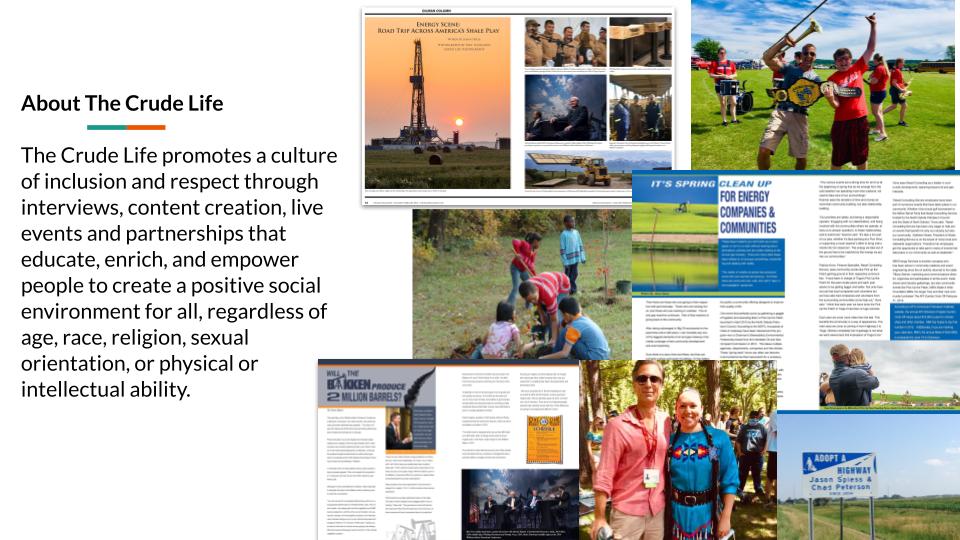
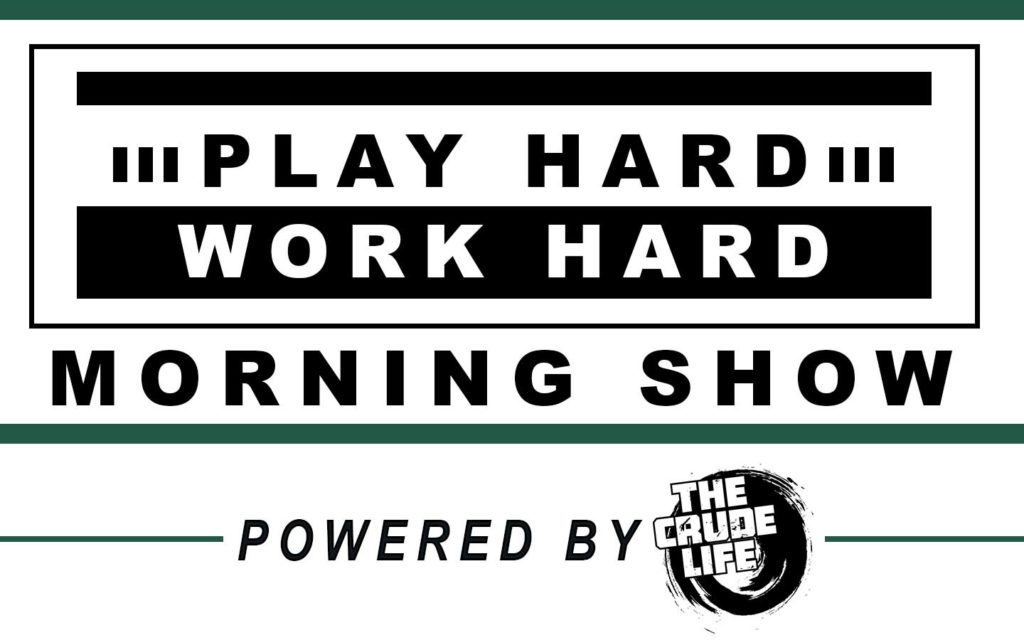
For sponsorship information on The Crude Life Morning Show Play Hard Work Hard, email studio@thecrudelife.com or click here.
Sponsors, Music and Other Show Notes

Studio Sponsor: The Industrial Forest
The Industrial Forest is a network of environmentally minded and socially conscious businesses that are using industrial innovations to build a network of sustainable forests across the United States.
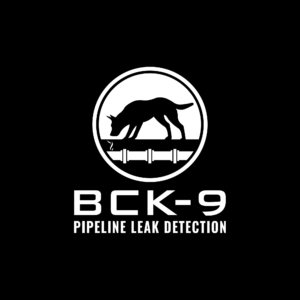
Weekly Sponsor: BCK-9 Pipeline Leak Detection
Disabled Veteran Owned Business in Decatur, TX. Servicing the K-9 industry with pipeline leak detection, detection services, dog training & K-9 consulting. Dwayne Farris served in the United States Marine Corps as a Military Police Officer, assigned to be a Military Working Dog Handler. Upon the honorable completion of active duty, he continued as a reservist for the U.S. Marine Corps Military Police Detachment located in Wahpeton, North Dakota as a squad leader. He was later promoted to the rank of Staff Sergeant.
As a civilian contractor, Dwayne operated for various high-profile U.S.-based security companies deployed to support Operation Enduring Freedom and Operation Iraqi Freedom. He served as a Combat Canine Tracking Handler, Trainer, Kennel Master, and Program Manager. His most recent experience was as the field-based Supervisory Subject Matter Expert working for TSA as the Regional Canine Coordinator for Region 5 based in Seattle, WA. In that position, he regionally oversaw all National Explosive Detection Canine Training Program assigned canine teams. For the Pacific Northwest area of operations, he served as a Regional Canine Training Instructor for the NEDCTP. Prior to joining the TSA, Dwayne was a Multi-Purpose Canine Trainer at Joint Base Lewis-McChord, Washington, for a special operations unit training and deploying K-9 teams in support of world-wide missions.

Weekly Sponsor: MineralTracker
MineralTracker is the only mineral management software that allows mineral owners to compare actual royalty payments to expected payments based on well performance and a proprietary, Bakken-specific reservoir model built by MineralTracker’s petroleum engineers.
MineralTracker was formed in Watford City, North Dakota, and is a subsidiary of First International Bank & Trust, a family-owned bank also based in Watford City.

Phone Line Sponsor: Swan Energy, Inc. 866.539.0860

Studio Email and Inbox Sponsor: To Be Announced

Featured Music: Moody River Band
For guest, band or show topic requests, email studio@thecrudelife.com
Spread the word. Support the industry. Share the energy.
If you have a chance, check out The Crude Life Podcast!

